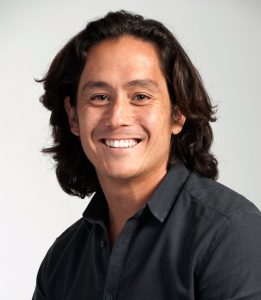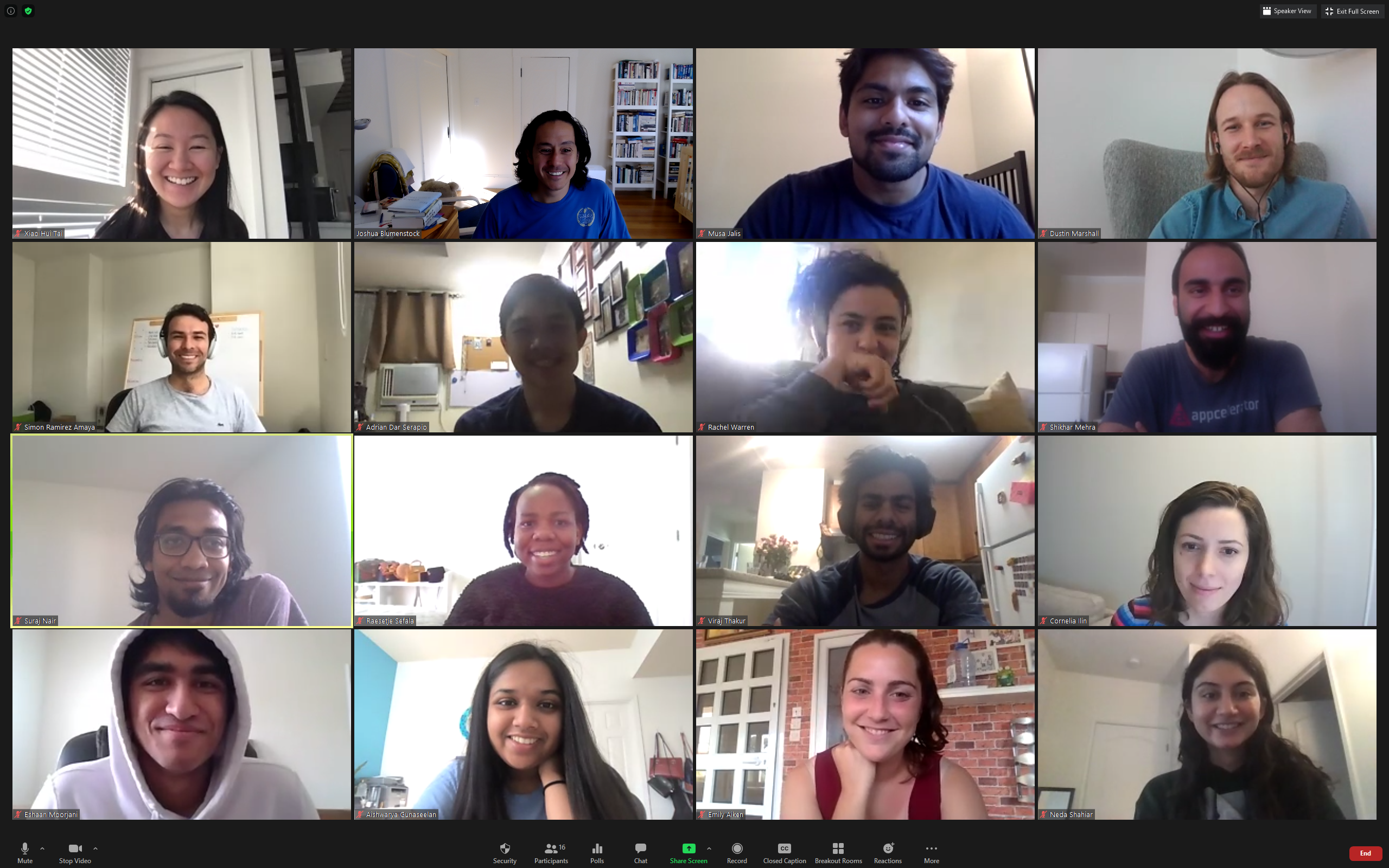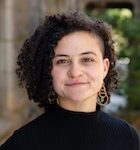Faculty Director: Joshua Blumenstock

Joshua Blumenstock is a Chancellor’s Professor at the U.C. Berkeley School of Information and the Goldman School of Public Policy. He is the Director of the Global Opportunity Lab and a co-Director of the Center for Effective Global Action. Blumenstock’s research combines methods from computer science and empirical economics, with a focus on how novel data and technology can better address the needs of very poor and vulnerable populations. At Berkeley, Joshua teaches courses in machine learning and data-intensive development. He has a Ph.D. in Information Science and a M.A. in Economics from U.C. Berkeley, and Bachelor’s degrees in Computer Science and Physics from Wesleyan University. He is a recipient of awards including the NSF CAREER award, the Intel Faculty Early Career Honor, and the U.C. Berkeley Chancellor’s Award for Public Service. work has appeared in a variety of publications including Science, Nature, PNAS, the American Economic Review, the Review of Economic Studies, and the proceedings of ICML, KDD, and AAAI.
The Team (pandemic-era Zoom call!)

Doctoral Students

Emily has an undergraduate degree in Computer Science from Harvard, with a secondary field in Global Health. She has previously done research on tracking disease outbreaks and identifying missing people in social media streams. At Berkeley, she is excited to work at the intersection of data science and areas of societal and environmental impact. She’s particularly interested in problems in which machine learning has the potential to transform our current understanding and policies.
Personal website: https://emilylaiken.github.io/

Susana combines econometrics and machine learning to deliver new solutions to persistent challenges in international development. She also specializes in integrating traditional economic data with emerging data sources, especially from remote sensing. Her work focuses on impact evaluation design and implementation, cross-sectional and forward-looking prediction for targeting and early warning, empirical resilience measurement, validation of new well-being and socioeconomic indicators.

Zoe Kahn is a PhD student at the UC Berkeley School of Information where she collaborates with data scientists and designers to understand how technologies impact people and society, with a particular interest in AI and ethics, algorithmic decision making, and responsible innovation. As a qualitative researcher, Zoe ask questions of people and data that surface rich and actionable insights. Zoe brings an interdisciplinary background to her work that blends sociology, technology, law, and policy. She is fellow at the Center for Technology, Society and Policy, Center for Long-Term Cyber Security, and Algorithmic Fairness and Opacity Working Group at UC Berkeley.

Suraj has undergrad and Master’s degrees in development studies from IIT Madras. He has spent the last several years working as a research manager at IFMR, overseeing the implementation and analysis of several large-scale randomized control trials of digital financial services. At Berkeley, he hopes to examine the impact of digital technology and information access on the structures of society and economy, to ensure that digital technologies and services are designed and implemented effectively, in a manner that does not exacerbate existing inequality and exclusions.

Simón is interested in understanding how ICTs influence economic decisions in resource constrained environments. His current research focuses on the welfare impacts of digital credit targeted at low income populations in Colombia. Before joining Berkeley, Simón spent a couple of years working in the consulting and financial industry in South America. Simón received bachelor’s degrees in economics and computer engineering and a master’s degree in economics from Universidad de los Andes in Bogotá, Colombia.

Ando is a PhD student at the School of Information at UC Berkeley, fellow at the Global Opportunity Lab, Digital Transformation of Development (DToD) supported by the U.S. National Science Foundation, Mozilla Technology Fund and previously at Microsoft’s AI for Good Lab. Ando’s current research focuses on using big data and machine learning to understand and ameliorate human impacts on ecosystems. His work is situated at the intersection of environmental justice, deep learning and sustainability. Ando develops geospatial machine learning methods and applies them to solve real world policy problems related to environmental degradation, resource extraction, socio-economic development and climate change mitigation & adaptation efforts.

Merritt Smith is a PhD student at the UC Berkeley School of Information, where he works to materially improve the lives of the world’s most impoverished people by increasing the effectiveness of humanitarian aid. His research combines machine learning and econometric techniques with both traditional data sources and mobile phone network data to better serve marginalized communities. He is particularly interested in leveraging existing relationship networks to enhance the targeting and scaling of interventions. He is grateful to be supported by the Hal Varian Fellowship and the World Bank Development Impact Group (DIME).

Satej Soman is a PhD student at Berkeley’s School of Information whose work uses computational analysis of remotely-sensed data to study global trends in inequality, urbanization, and the built environment. His doctoral research has investigated model-driven sampling for policy-specific prediction tasks, ultra-granular estimation of socioeconomic outcomes in the developing world, and applications of Bayesian inference to public health questions. This work has been supported by the World Bank, the National Science Foundation (through the Blum Center for Developing Economies), the Center for Effective Global Action, and the Centre for Economic Policy Research.
Data Scientists

Shikhar is a Data Scientist with Masters Degrees in Computer Science (University at Buffalo) and Development Economics (University of San Francisco). He has previously worked for TechSoup, Amazon, Innovations for Poverty Action, and BRAC.

Nitin Kohli is a Staff Scientist at UC Berkeley’s Center for Effective Global Action and Principal Investigator of the Data Privacy Lab. His research lies at the intersection of applied mathematics, machine learning, and privacy-enhancing technologies. Nitin’s expertise has led to collaborations with international organizations like the United Nations High Commissioner for Refugees, as well as NGO’s and private firms.

Leo is a data scientist with GOL. He is also affiliated with the Center for Effective Global Action (CEGA). He focuses on targeting humanitarian aid, often using big data. Prior to joining the lab, he spent time working on real-time electrical grid optimization software, as well as doing data science work for a climate science group at UC Berkeley (under Dr. David Romps). He holds an MS in applied mathematics from the University of Washington and a BA in mathematics from Pomona College. Outside of work, he likes to play music, cook and bake, ride and work on his bike, backpack, and play soccer.
Alumni














